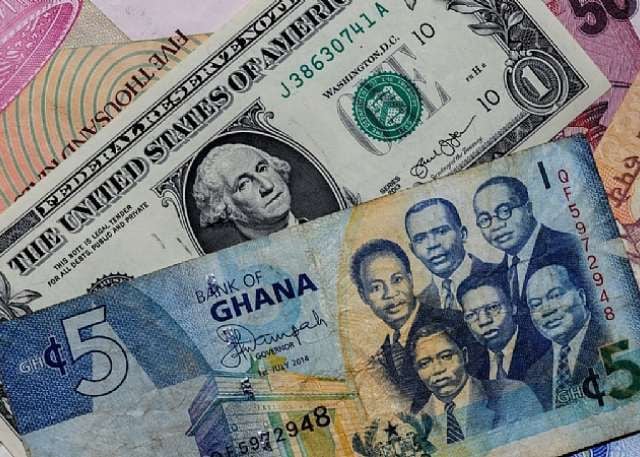The Ghanaian cedi demonstrated mixed performance against major international currencies on Thursday, June 19, 2025. While it appreciated against the Euro and the British Pound, it experienced a marginal depreciation against the US dollar. This fluctuating performance reflects the dynamic nature of the foreign exchange market and various factors influencing the cedi’s value, including global economic conditions, local market dynamics, and speculative trading activities. The cedi’s resilience against the Euro and Pound could be attributed to positive economic developments in the Eurozone and the UK, influencing investor confidence and potentially driving demand for these currencies, indirectly benefiting the cedi. Conversely, the slight dip against the dollar might be linked to the dollar’s overall strength in the global market or specific economic indicators within the US economy.
Analyzing the specifics of the exchange rates, data from Cedirates.com, a reliable Ghanaian source for currency information, reveals a discernible difference between retail rates at forex bureaus and interbank rates. At forex bureaus, individuals exchanging dollars for cedis faced a rate of GHS11.80, while those converting cedis to dollars encountered a rate of GHS12.00. This difference reflects the margin retained by forex bureaus for their services and also accounts for variations in supply and demand at the retail level. The interbank market, where financial institutions trade currencies among themselves, presented a more favorable rate, with the cedi buying at GHS10.29 and selling at GHS10.31 per dollar. This tighter spread between buying and selling rates in the interbank market is characteristic of wholesale currency transactions.
Turning to the British Pound and the Euro, the cedi showcased stronger performance. The average exchange rates at forex bureaus stood at GHS13.78 for converting pounds to cedis and GHS14.64 for the reverse transaction. Similarly, the Euro traded at GHS11.81 when exchanging euros for cedis and GHS12.62 for the opposite conversion. On the interbank market, the Pound sold at GHS13.88, and the Euro traded at GHS11.87, both more favorable rates compared to their retail counterparts. These differences underscore the advantage of accessing the interbank market for larger transactions and the role of forex bureaus in catering to individual currency needs. The cedi’s strength against these currencies could be attributed to various factors including economic performance in the respective regions and international trade dynamics.
Money transfer services, a crucial conduit for remittances and cross-border transactions, offered competitive rates. LemFi and Hurupay offered rates of GHS10.25 and GHS10.30 per dollar, respectively, for transfers from the US or the UK to Ghana. These rates, closely aligned with the interbank rates, highlight the competitiveness within the money transfer sector and the benefits of utilizing these platforms for international fund transfers. For the British pound, LemFi provided a rate of GHS13.85, while Afriex offered a slightly higher rate of GHS16.16. This difference could be attributed to varying business models, operational costs, and market positioning of these providers. Concerning the Euro, Afriex offered GHS13.84, while LemFi’s rate stood at GHS11.81 per €1. These variations underline the importance of comparing rates across different services to secure the most favorable terms.
Digital subscription payments for services like Netflix, Spotify, or Apple Music presented a slightly different scenario. Using Visa and Mastercard for these transactions incurred exchange rates of GHS11.02 and GHS11.07, respectively. These rates, being closer to the retail rates offered by forex bureaus, reflect the processing fees and charges associated with international card transactions. Users opting for these digital platforms are advised to consider these exchange rate variations when budgeting for their subscriptions. The observed differences compared to money transfer rates and interbank rates underscore the complexities of international financial transactions and the diverse factors influencing exchange rates in different contexts.
In summary, the Ghanaian cedi exhibited a mixed performance on June 19, 2025. While it gained ground against the Euro and the British Pound, it slightly weakened against the US dollar. The variations in exchange rates across different platforms, from forex bureaus to interbank markets and money transfer services, highlighted the dynamic nature of the foreign exchange landscape. These fluctuations underscore the importance of staying informed about prevailing rates and leveraging competitive platforms for international transactions, whether for remittances, currency exchange, or digital subscriptions. The observed trends reflect the interconnectedness of global and local economies, influencing the value of the cedi in relation to major international currencies.


